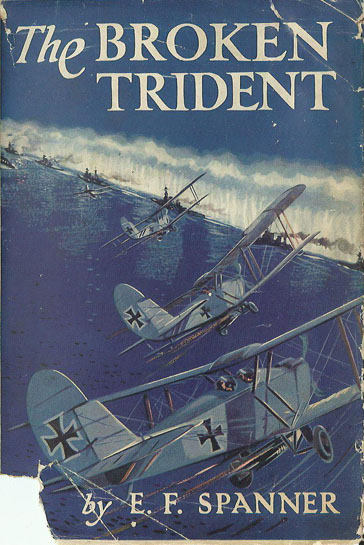Acquisitions
A. C. Grayling. Among the Dead Cities: Was the Allied Bombing of Civilians in WWII a Necessity or a Crime? London: Bloomsbury, 2006. I haven’t really come to grips with the moral questions surrounding my subject yet (yes, bombing civilians is bad, but then war is generally not very nice, so …), so I’ll be […]


